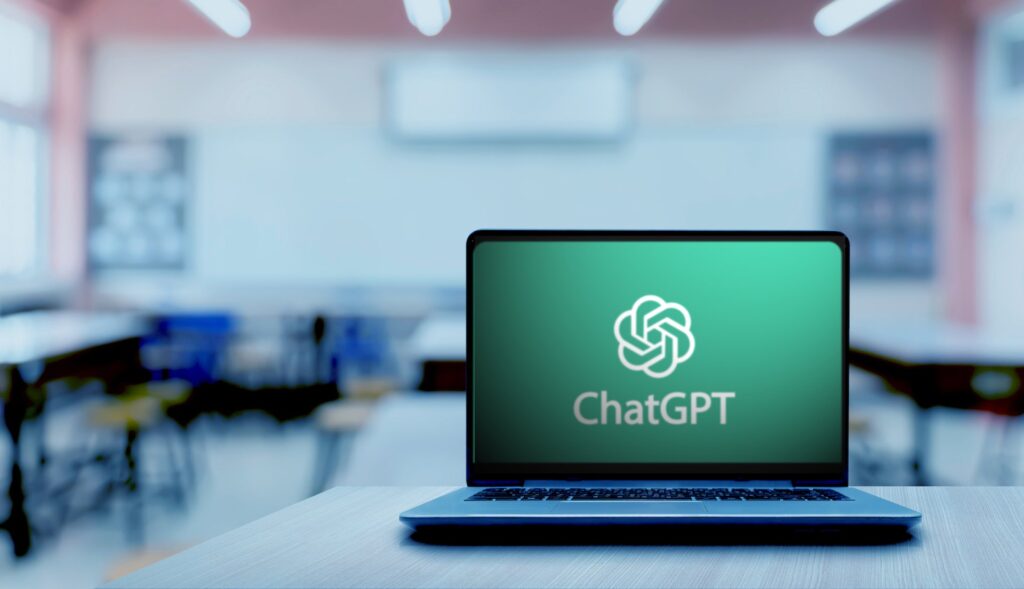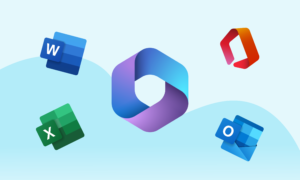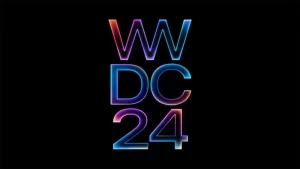
ChatGPT: A Powerful Tool for Educators
ChatGPT is a large language model chatbot developed by OpenAI. It is trained on a massive dataset of text and code, and can generate text, translate languages, write different kinds of creative content, and answer your questions in an informative way.
ChatGPT has the potential to be a valuable tool for educators in a number of ways. Here are some of the benefits:
Personalized learning
ChatGPT can be used to create personalized learning experiences for students. It can adapt its responses to the individual student’s needs and interests, providing them with the information and support they need to succeed.
For example, a teacher could use ChatGPT to create a personalized learning plan for each student. The chatbot could ask the student questions about their interests and goals, and then generate a customized learning path.
ChatGPT could also be used to provide students with feedback on their work. The chatbot could read the student’s work and provide feedback on grammar, spelling, and content.
Engaging and interactive learning
ChatGPT can be used to create engaging and interactive learning experiences for students. It can ask questions, provide feedback, and engage in conversation, helping students to stay motivated and engaged in the learning process.
For example, a teacher could use ChatGPT to create an interactive learning game. The chatbot could ask questions, provide hints, and give rewards, helping students to learn the material in a fun and engaging way.
Automated tasks
ChatGPT can be used to automate repetitive tasks, freeing up teachers’ time so they can focus on more important work. For example, ChatGPT can be used to grade essays, create lesson plans, or answer student questions.
This can help teachers to save time and energy, which they can then use to provide more individualized attention to their students.
Access to information
ChatGPT can provide students with access to a vast amount of information, from academic resources to current events. This can help students to learn more about the topics they are interested in and to stay up-to-date on current affairs.
For example, a teacher could use ChatGPT to create a virtual library for students. The chatbot could search for and retrieve information from a variety of sources, helping students to find the information they need.
Support for students with disabilities
ChatGPT can be used to support students with disabilities. For example, it can be used to provide students with real-time translation or to help them with their written communication.
This can help students to participate more fully in the classroom and to access the same educational opportunities as their peers.
Challenges
While ChatGPT has the potential to be a valuable tool for educators, there are also some challenges that need to be considered.
One challenge is that ChatGPT is still under development, and it is not always accurate or reliable. This means that educators need to be careful about how they use ChatGPT and to be aware of its limitations.
Another challenge is that ChatGPT can be used for cheating. For example, students could use ChatGPT to get answers to their homework or to generate essays. This is a serious concern that needs to be addressed by educators.
ChatGPT has the potential to be a valuable tool for educators. However, it is important to be aware of the challenges involved and to use ChatGPT responsibly. By doing so, educators can use ChatGPT to create more personalized, engaging, and effective learning experiences for their students.
In addition to the benefits and challenges mentioned above, there are a few other things to keep in mind when using ChatGPT in schools.
- It is important to use ChatGPT in a way that is ethical and fair. This means being transparent with students about how ChatGPT is being used and ensuring that it is not being used for cheating.
- It is important to monitor students’ use of ChatGPT. This will help to ensure that students are using it for educational purposes and not for other purposes, such as cyberbullying.
- It is important to update ChatGPT regularly. This will help to ensure that it is accurate and reliable.
By keeping these things in mind, educators can use ChatGPT to safely and effectively improve the learning experience for their students.





